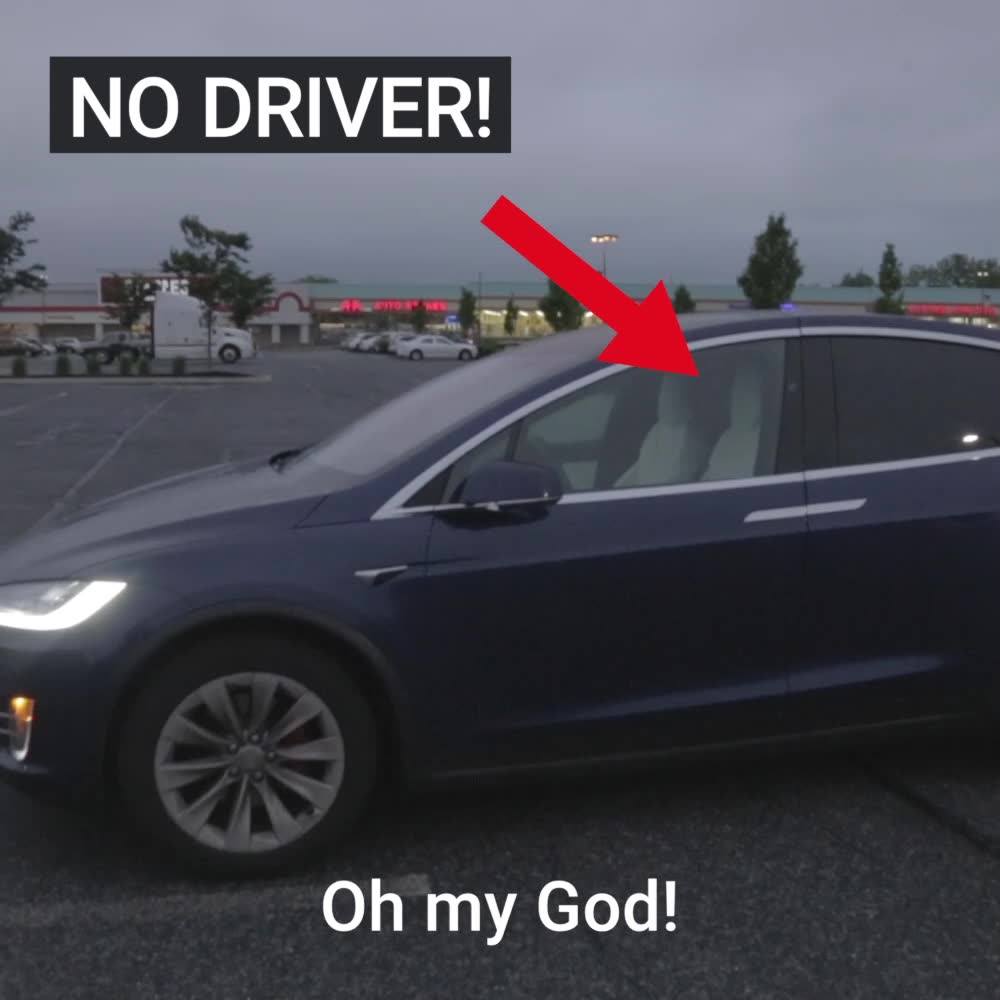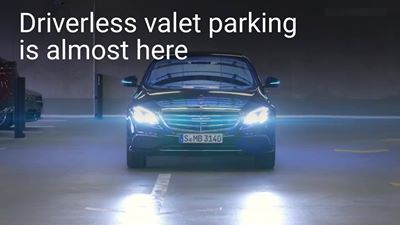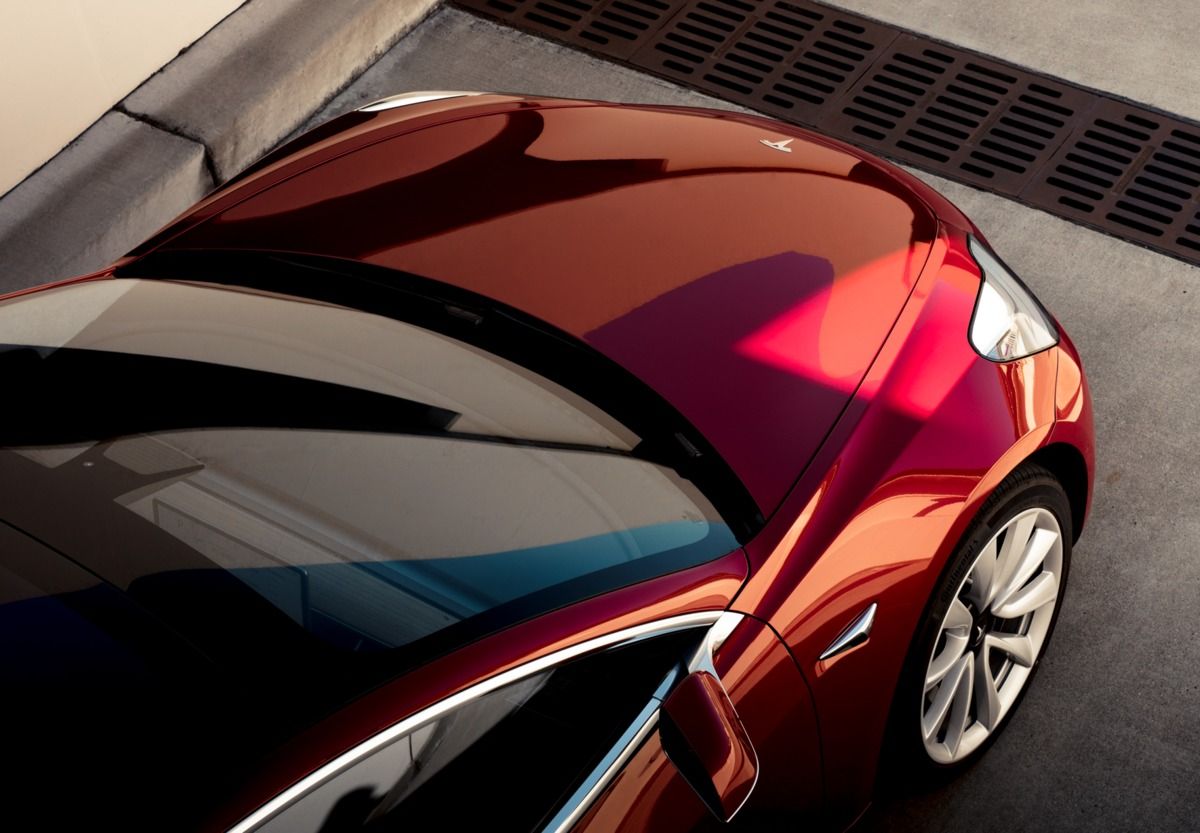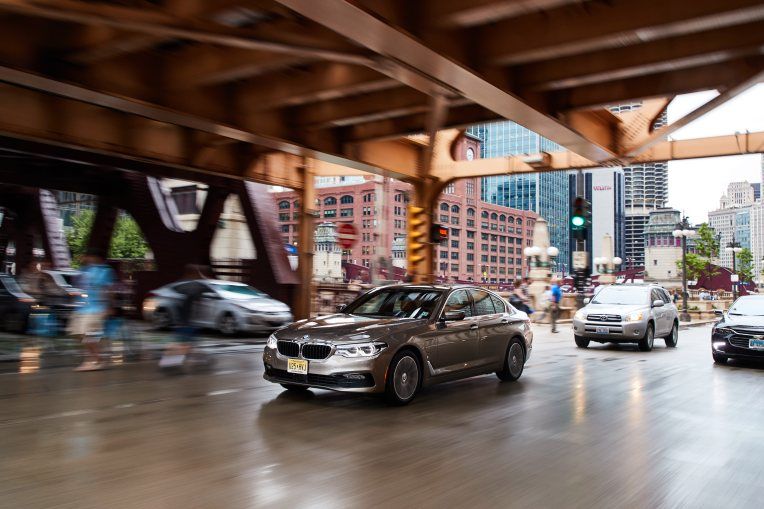Click on photo to start video.



The July 29, 2017, tests hit record test speeds traveling nearly the full distance of the 500-meter DevLoop track in the Nevada desert.
‘This is the beginning, and the dawn of a new era of transportation,’ said Shervin Pishevar, Executive Chairman and Co-founder of Hyperloop One.
‘We’ve reached historic speeds of 310 km an hour, and we’re excited to finally show the world the XP-1 going into the Hyperloop One tube.

Paint these days is becoming much more than it used to be. Already researchers have developed photovoltaic paint, which can be used to make “paint-on solar cells” that capture the sun’s energy and turn it into electricity. Now in a new study, researchers have created thermoelectric paint, which captures the waste heat from hot painted surfaces and converts it into electrical energy.
“I expect that the thermoelectric painting technique can be applied to waste heat recovery from large-scale heat source surfaces, such as buildings, cars, and ship vessels,” Jae Sung Son, a coauthor of the study and researcher at the Ulsan National Institute of Science and Technology (UNIST), told Phys.org.
“For example, the temperature of a building’s roof and walls increases to more than 50 °C in the summer,” he said. “If we apply thermoelectric paint on the walls, we can convert huge amounts of waste heat into electrical energy.”


In 10 years, when autonomous driving is mainstream, we’ll have a fundamentally different relationship with our cars and driving in general.
Every major car company is fully aware of this, but not all are reacting to this change with the same degree of urgency. Earlier this month, BMW hosted its Innovation Days at its technology office in Chicago, where the company showcased the current state of its connectivity services and laid out its vision for the future.
Unlike other manufacturers, BMW has decided that it wants to retain full control over the in-car experience and that it doesn’t want to outsource this to a big technology firm. While the company offers support for Apple CarPlay, it’s not going to support Android Auto anytime soon (and even the CarPlay support isn’t something it seems all that excited about). Instead, BMW has decided that its job as a premium brand is to own the customer experience and make it fit the rest of the driving experience.
A U.S. House Committee just gave its approval for the SELF DRIVE Act, a bill that introduces breakthrough legislation in favor of autonomous vehicles. The bill could pass Congress before the end of 2017, ushering in a new era in self-driving tech.
A bill that will introduce breakthrough legislation in support of autonomous vehicle technology just received approval from the U.S. House of Representatives’ Energy and Commerce Committee.

Hyperloop One completed the first full-scale test of its hyperloop technology in a vacuum environment on May 12th, the company announced today. In the test, the company’s hyperloop vehicle — which uses magnetic levitation, or mag-lev, technology — pulled 2 Gs while reaching 70 miles per hour down the length of the company’s test track in Nevada.
Hyperloop One also shared images of its new pod with The Verge. The aerodynamic pod is 28 feet long and constructed of structural aluminum and carbon fiber. Using electromagnetic propulsion and mag-lev technology, it’s designed to carry both cargo and human passengers at near supersonic speeds, Hyperloop One says.